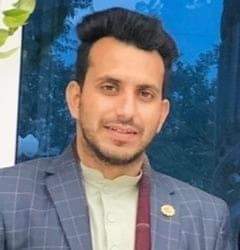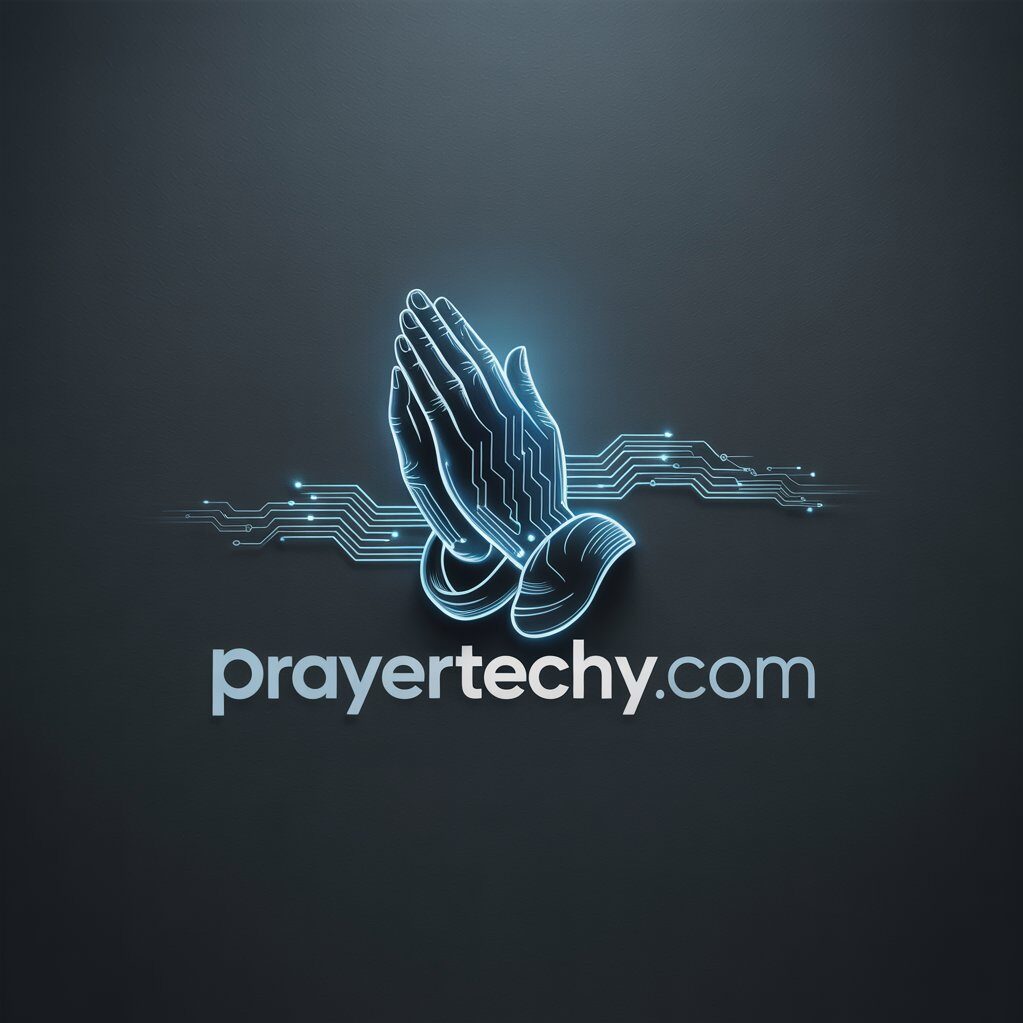Ramadan is more than a month of fasting; it’s a divine opportunity to reset, renew, and realign your heart with Allah. In today’s noisy world, full of distractions, Ramadan offers a sacred pause. It helps you slow down, look within, and connect with your Creator in a way that everyday life rarely allows.Ramadan Reflection is the spiritual act of making every fast, prayer, and good deed intentional.
It’s not about starving the body, but about feeding the soul. Throughout this article, you’ll discover how to turn this blessed month into a meaningful spiritual cleanse that leaves you lighter, purer, and more focused.
Understanding the Essence of Ramadan
Ramadan is one of the holiest months in the Islamic calendar. It commemorates the revelation of the Qur’an to the Prophet Muhammad . While the act of fasting from dawn to sunset is central, its purpose runs much deeper. Allah says in the Qur’an,
“Fasting is prescribed to you as it was prescribed to those before you, so that you may attain taqwa.” Qur’an 2.183
That word taqwa means God-consciousness. And that’s what Ramadan Reflection is all about. You fast not just with your stomach, but with your eyes, tongue, and heart. You lower your gaze, avoid gossip, and purify your intentions.
Each day becomes a spiritual ladder, leading you closer to Allah.
Spiritual Detox Emptying the Heart of Negativity
Throughout the year, our hearts collect spiritual toxins: pride, envy, laziness in worship, or attachment to the dunya. Ramadan acts like a detox flushing out what doesn’t serve your soul.When you fast, your body becomes weaker, but your soul becomes stronger. You feel hunger, but gain humility. You crave food, but instead, feed on dhikr, Qur’an, and reflection.
Ramadan Reflection encourages you to,
- Repent sincerely
- Forgive those who hurt you
- Let go of grudges
- Increase acts of kindness
- Reconnect with the Qur’an
By day 10, you may feel physically tired. By day 20, you’re spiritually awake. And by day 30, if you’ve been reflecting with sincerity, your heart feels clean like a polished mirror ready to reflect divine light.

Daily Practices to Deepen Your Ramadan Reflection
You don’t need grand gestures to achieve spiritual clarity. The beauty of Ramadan lies in its daily, consistent acts of devotion. Here are key areas where you can reflect intentionally:
Suhoor. Begin with Intention
Waking up for suhoor is a Sunnah and a blessing. Use this time not just to eat, but to set your intention for the day. Say, “O Allah, I fast for You.” Read a few verses from the Qur’an or whisper a quiet dua before Fajr. These early hours carry barakah.
Salah. Your Daily Anchor
Make salah your compass. Don’t just pray pray with presence. Feel every word in Surah Al-Fatiha. Take a longer sujood. Ramadan Reflection means praying not because you have to, but because you want to.
Qur’an Recitation. Feed Your Soul
Ramadan is the month of the Qur’an. Read at least one juz’ daily. Even if you can’t understand every word, your heart absorbs its light. Reflect on how each verse applies to your life. Let the Qur’an speak to your soul.
Iftar.Gratitude in Action
When it’s time to break your fast, pause. Don’t just reach for food thank Allah first. Reflect on your blessings. The Prophet would break his fast with dates and water, then pray before eating more. Follow this Sunnah to add more barakah.
Taraweeh. A Nightly Connection
Whether you attend the masjid or pray at home, Taraweeh offers a golden chance for spiritual recharge. Listen attentively. Feel the rhythm of the Qur’an. Let each rak‘ah be a moment of healing.
Charity and Empathy. A Core Part of Reflection
One of the most beautiful elements of Ramadan is the heightened sense of compassion it brings. When you feel hunger, you remember the deserving 0ne. When you donate, you experience joy. Charity isn’t just about money it’s about empathy.
Prophet Muhammad was the most generous during Ramadan. So, give freely:
- Prepare iftar meals for others
- Donate secretly
- Pay your Zakat and Zakat al Fitr
Every act of giving is a mirror of your internal transformation. It shows that your Ramadan Reflection is genuine and actionable.
Community and Unity. Strength in Togetherness
Ramadan isn’t just personal it’s communal. Breaking fast together, praying side-by-side, and sharing moments of worship build unity. When you smile at someone in the masjid, you reflect the beauty of brotherhood and sisterhood in Islam.
Use this month to reconnect with your community. Forgive old disputes. Visit relatives. Volunteer at your local masjid. True spirituality shows in how you treat others.
Carrying the Spirit of Ramadan Beyond Eid
A successful Ramadan isn’t judged by how many fasts you kept it’s about what you take with you afterward. If your heart has changed, if your habits have improved, then your reflection bore fruit.
After Eid, continue:
- Fasting Mondays and Thursdays
- Giving regular charity
- Reading Qur’an weekly
- Praying Qiyam once a week
This is how you let your Ramadan Reflection shine all year long.
Frequently Asked Questions
1. What is Ramadan Reflection?
Ramadan Reflection means using the month of Ramadan to purify your soul, improve your worship, and reconnect deeply with Allah through mindful fasting, prayer, and good deeds.
2. Can I reflect during Ramadan even if I’m busy?
Yes! Even short moments while driving, cooking, or walking can be times of dhikr, gratitude, or Qur’an listening.
3. Is fasting without reflection beneficial?
You’ll still earn reward, but reflection increases the spiritual benefits and helps create lasting change.
4. What if I miss some prayers during Ramadan?
Repent sincerely and try to never miss again. Use Ramadan to rebuild your salah habit.
5. How can I teach children to reflect during Ramadan?
Make it fun! Create a reflection journal, share bedtime stories of the Prophet , or encourage them to donate.
6. Can women on menstruation still reflect?
Definitely! They can make dua, listen to Qur’an, give charity, and perform dhikr abundantly.
7. Does donating a small amount count during Ramadan?
Yes! Allah values sincerity, not size. Even one date given in charity can outweigh mountains.
8. What if I don’t feel anything spiritual?
Keep trying. Sometimes the heart takes time to respond. Allah sees your effort.
9. How do I reflect better during taraweeh?
Focus on the meanings. Read a summary of the juz’ before taraweeh. Listen with intent.
10. Can I still reflect if I miss suhoor or iftar in congregation?
Yes. Reflection is internal. Join the congregation next time, but keep your heart connected always.

You may also like:PrayerTechy
Conclusion
Ramadan Reflection isn’t a ritual it’s a revival. It’s where you pause, repent, and renew your purpose. Every fast cleanses the body, every prayer heals the heart, and every act of kindness elevates the soul. By Eid, you’re not just celebrating the end of a month; you’re celebrating a spiritual rebirth. Hold on to the habits you’ve built. Let Ramadan transform your everyday life into worship. If you do, your soul will stay clean and connected, long after the moon has waned.
You may also like:PrayerTechy

Hi I’m Hamza Basharat SEO content writer with 4 years of experience and founder of PrayerTechy.com. I combine faith and strategy to help people discover how to pray with purpose, using well optimized, impactful content rooted in scripture and spiritual growth.



1 thought on “Ramadan Reflection A Spiritual Cleanse for the Soul”